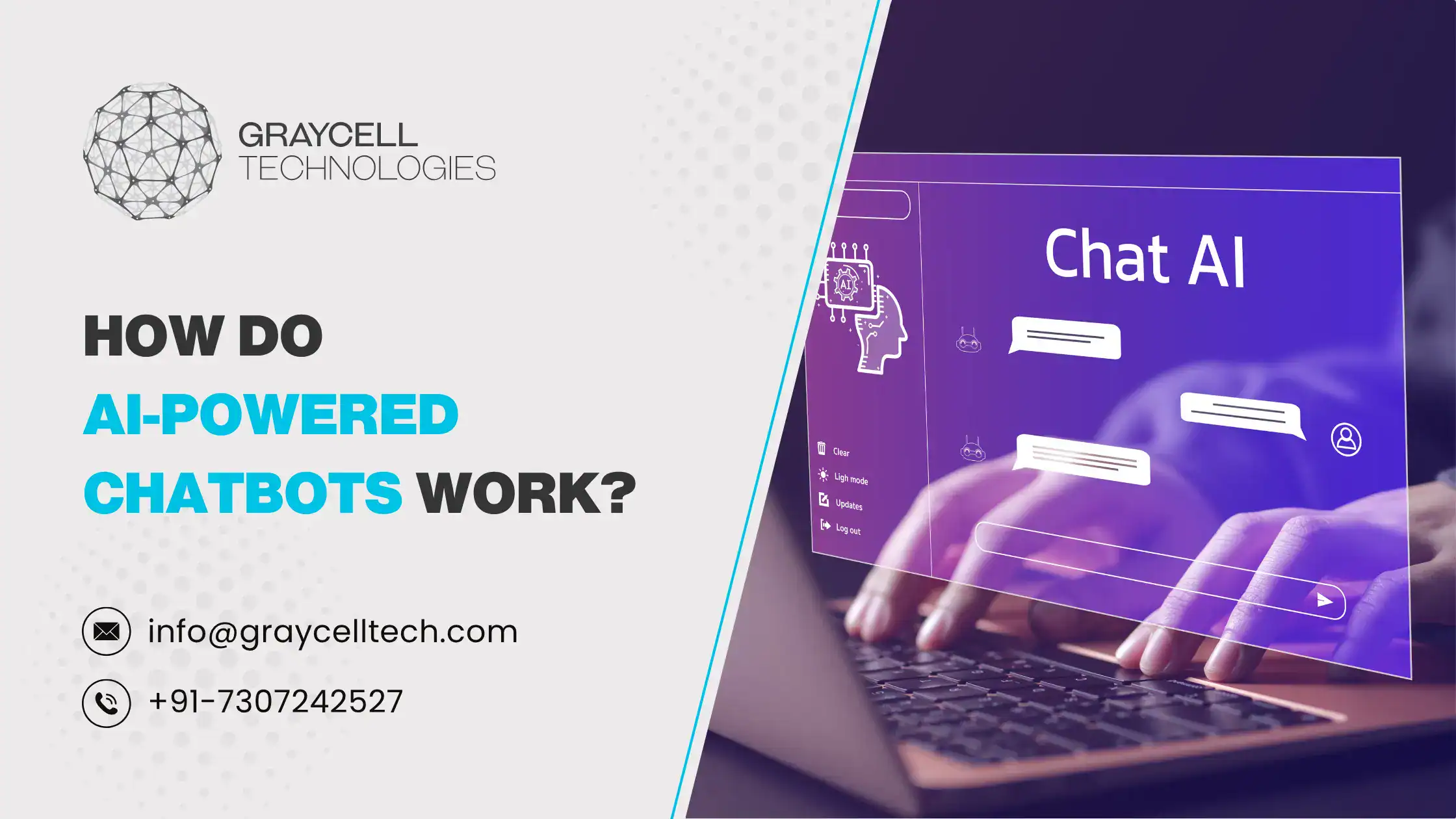In the modern age we live in, technology is used on a daily basis. While we might take technology for granted, such as our smartphones and WiFi, we might, on occasion, stop and wonder how our devices actually work. Technology is increasingly dynamic and complex, making it hard for the average person to fully understand how something operates. This misunderstanding can then lead to myths and false information that can do more harm than good.
Whether you’re just buying your first laptop or have been turning your house into a smart home, you may be wondering what some common myths in the IT industry are. In fact, you might even think a few of these myths are true since they’re so widespread. To help you better understand the technology you use every day, we’ve debunked this list of seven common myths in the IT industry.
1. Closing apps opened in the background saves battery
As you cycle between Twitter, Instagram, Facebook, YouTube, Pinterest, and any other app on your phone throughout the day, they’ll continue to run in the background. Many smartphone users believe leaving these apps running, even when you’re not using them, drains your phone’s battery life. Many users claim that closing out of these apps running in the background can help keep their battery charged longer.
Fortunately, this isn’t true. Having apps running in the background has no effect on your phone or tablet’s battery life, meaning you don’t have to worry about your phone dying if you accidentally left dozens of apps running throughout the day.
2. You’ll stay anonymous when using a private or incognito browser
Over the past few years, users have been extremely skeptical of big tech and their personal history. With that came new web-browsing features to help protect some personal information in the form of private or incognito browsing. If you’re using a private tab on Safari or an incognito tab on Google, only your search history won’t be tracked, and you won’t automatically be logged into your accounts. This prevents websites from keeping track of cookies and sending you targeted ads and other marketed material.
But private or incognito browsing doesn’t make you fully anonymous. When using an incognito or private tab, the sites you visit and your internet service provider store your information. This is important to keep in mind as both a regular internet user and if you’re a business owner. You don’t want to visit sites you shouldn’t be or have employees using company equipment irresponsibly. To keep employees safe, running a background check is a great way to ensure new hires will be responsible and trustworthy.

3. More bars means better service
Have you ever been in a crowded location, such as a busy city or large concert, and noticed you couldn’t send a Snapchat to your friend or send a text to your parents, even though you had multiple bars? A common myth is that more bars mean more service. However, this isn’t exactly true. When it comes to reception, the amount of bars you have lets you know how strong your signal is to the closest cell phone tower. However, if you’re in a crowded location and thousands of people are trying to connect to the same tower, your reception can get spotty.
4. Charging your phone overnight ruins your battery
Many cell phone owners believe that charging your phone overnight can ruin the battery. Fortunately, this isn’t exactly true. Keeping your cell phone connected to your charger while you sleep, well after it reaches 100%, doesn’t fry your phone’s battery. However, some experts say charging for an extended period of time can age your device’s battery, while others claim it has no effect at all. Bottom line—leaving your phone plugged in overnight shouldn’t have any noticeable effects on your battery’s life.
5. You should wait for your device to shut off before charging
Another misconception about charging batteries is that you should wait for your device to reach 0% before charging it again. This is only true if your device uses Nickel-Cadmium batteries. Fortunately, most technology companies no longer use Nickel-Cadmium batteries, which suffer from “memory effect.” This is when they lose the ability to reach a 100% charge after hundreds of charges and discharges.

Instead, most technological devices use Lithium-ion batteries, which don’t experience “memory effect.” Lithium-ion batteries can be charged whenever it’s convenient, regardless of what battery percentage it is on. However, it is recommended to let your battery drain to 0% at least once a month to help maintain the battery’s lifespan.
6. Mac computers can’t get viruses
In its early years, Apple marketed that its operating system was much stronger than other operating systems, making it extremely difficult to get viruses. However, that was proven wrong in 2012 when thousands of Macs were targeted by a virus. While Macs can typically fend off viruses much better than PCs, they’re not completely vulnerable, which is why it’s important to have antivirus software like Norton and other safety measures installed on your device, no matter the brand.
7. More megapixels means better image quality
Most camera and smartphone brands use megapixels to their advantage by touting how many their devices have. However, more megapixels don’t mean better pictures. While the number of megapixels your camera has plays an important role, other factors, such as the size of the megapixels and the megapixel resolution, are much more important. A better resolution and megapixel size makes it easier for your device’s camera to capture light and produce higher quality images.
Wrapping up
We know—technology can be hard to understand. This is one of the reasons why myths circle throughout the IT industry that confuse consumers on how their devices work. By debunking these seven common myths in the IT industry, we hope to make it easier for you to better understand how your devices work. And if something seems confusing to you, do your due diligence by taking the time to research. Thanks to technology, including the computer you’re reading this on, you’re able to access the information you need much easier.








